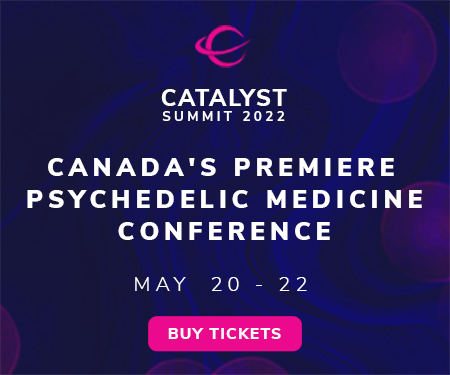- A pilot study that combined cognitive-behavioural conjoint therapy and MDMA to treat post-traumatic stress disorder (PTSD) has resulted in significant improvements in participants’ symptoms.
- In six couples where one partner was diagnosed with PTSD, both partners participated in two sessions of MDMA-assisted psychotherapy.
- Study co-author Candice Monson said MDMA-assisted psychotherapy could help engender empathy and connection in couples where one partner suffered from PTSD.
A pilot study assessing the combination of cognitive-behavioural conjoint therapy and MDMA-assisted therapy for PTSD in couples has found the treatment reduced PTSD symptoms and improved outcomes. The peer-reviewed paper, sponsored by the Multidisciplinary Association of Psychedelic Studies (MAPS) and organized by the MAPS Public Benefit Corporation (MAPS PBC), was published in the European Journal of Psychotraumatology on December 7.
The trial assessed the safety, feasibility, and efficacy of CBCT and MDMA-assisted therapy for PTSD. It included six couples with varying levels of baseline relationship satisfaction in which one member was diagnosed with PTSD as a result of a range of traumas including childhood physical abuse, childhood sexual abuse, and active military service. Each couple participated in a seven-week protocol, with both partners receiving MDMA-assisted psychotherapy in two sessions. Each individual participant was administered 75mg or 100mg of MDMA with an optional supplemental dose.
Participants were assessed pre-treatment, mid-treatment, post-treatment, and at three and six-month follow-ups. Researchers observed “significant” improvements in clinician-assessed, patient-rated, and partner-rated PTSD symptoms. “In addition, there were significant improvements in patient and partner-rated relationship adjustment and happiness,” the study co-authors said in the paper.
MDMA-Assisted Psychotherapy ‘Promising’ for Treatment of PTSD
Study co-author Candice Monson, a Ryerson University clinical training director and professor of psychology, described the MDMA-assisted treatment model as “promising”. “PTSD in one partner can cause distress in the relationship and barriers to understanding each other. It seems that MDMA-assisted psychotherapy can engender empathy and connection, opening a pathway to remembering why they came together in the first place and a desire to understand the other,” Monson said.
“The literature that inspired this study suggests that MDMA may allow people to talk about painful experiences without experiencing the pain again. The therapist can guide couples to talk about very difficult things that they’ve either experienced themselves or experienced together, against the other or with the other, with a greater sense of understanding, openness, connection, and empathy.”
In a press release on December 7, MAPS said the study “holds promise in facilitating trauma recovery and achieving broader relational outcomes not fully realized with individual evidence-based treatment for PTSD.” The organization added that “though the comparison of effect sizes is tentative due to the small sample size, the effects across all outcomes were largest at six-month follow-up, suggesting that MDMA facilitation may confer ongoing benefits.”
According to MAPS, the study’s authors are currently preparing for a Phase 2 randomized trial to be led by co-author Anne Wagner. The company said this trial would “more rigorously investigate the safety and efficacy of MDMA-facilitated CBCT and to address treatment outcomes across a diversity of participant and partner genders, pre-treatment relationship distress, and type of initial trauma.”
















